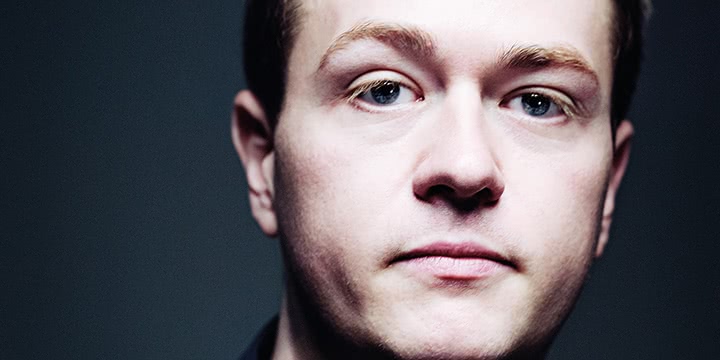Unless you’ve been living a life of hermitude on some distant mountainside, the likelihood that you or someone you know has experimented with drugs is pretty much assured (and even then, there are some potent psychoactive lichens out there).
Tales of addiction and the rampant evils of the drug trade are media constants, and most of us comfortably assume a broad understanding of the trappings of addiction in everyday conversation. Yet as New York Times best-selling writer Johann Hari has come to realise, some of the most basic questions in the 100-year-old ‘war on drugs’ remain opaque.
“There’s commonalities to what causes addiction and how people get out of it, and there are commonalities to the effects addiction causes, in terms of violence and so on,” Hari explains in rapid conversation. His voice is colourful and long-accustomed to discussing this subject; one need look no further than his TED Talk to see the crux of his research laid out in equally entertaining form.
“It’s now exactly 100 years since drugs were first banned in the United States and Britain, and four years ago I realised we were coming up to that centenary,” he says. “And though I thought I knew a lot about this subject, because of [addiction in] my family and because I’d read about it a lot as a columnist, I realised there were loads of incredibly basic questions that I just didn’t know the answer to. Like, why did we go to war against drug addicts and drug users a hundred years ago? Why do we carry that on across most of the world, even though it doesn’t really appear to be working? What are the alternatives, and what causes drug use in drug addiction? And I couldn’t really find the answers in what I was reading, so I decided to go on this journey, which ended up being a 30,000-mile journey across 12 countries, to really sit with people whose lives had been changed one way or another.”
The subsequent book, Chasing The Scream: The First And Last Day Of The War On Drugs, is an intense odyssey that saw Hari scour the globe. Through the multitude of people he encountered, and the stories they shared, he has assembled an account of the modern world’s comprehension of drug traffic and addiction that is as vivid as it is studied. Hari’s prose is clear, and like the best revelations, the answers it suggests hail from questions it set out not knowing to ask.
“If you had said to me four years ago, ‘What causes heroin addiction?’ I would have probably looked at you as though you were a little simple-minded, but answered, ‘Well, heroin causes heroin addiction.’ But that story which has just been common sense for the last hundred years doesn’t really stand up. If I step out today, get hit by a bus and break my hip, I’ll be taken to hospital and given loads of diamorphine. Diamorphine is itself heroin, that’s just the medical name for it. The stuff they give you in hospital is much stronger than what you’ll find from a drug dealer on the street, because when you buy heroin like that most of it isn’t actually heroin. But obviously when doctors give it to you, it’s the pure stuff, it’s 100 per cent. So people all over the world, including Australia, are given diamorphine for quite long periods of time. If what we think about addiction is right, these people are exposed to all of the chemicals that any addict is. Some of them at least should become addicts, but that just isn’t so.
“I think the main thing I realised from this is that everything we think we know about this subject is wrong. Drugs aren’t what we think they are, and addiction isn’t what we think it is.”
Ceasefire On Drugs,as part of Festival Of Dangerous Ideas 2015, takes place at the Drama Theatre, Sydney Opera House on Saturday September 5.

































